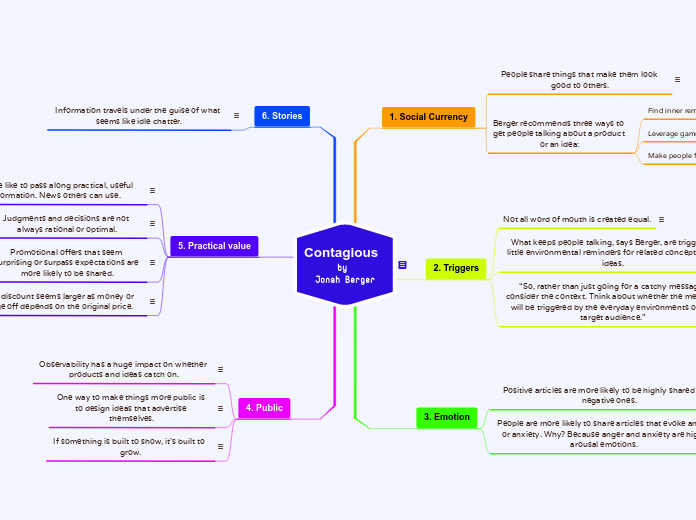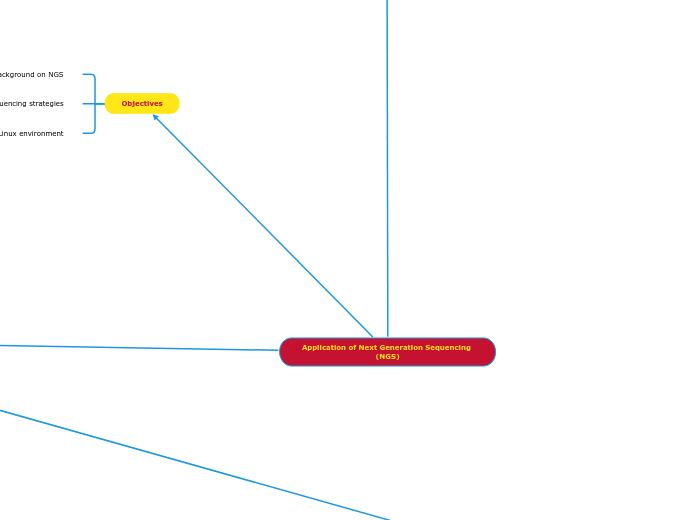ASSIGNMENT 3.1 Defending North America Taylor Hughes
Canada's Role in the Cuban Missile Crisis
AGAINST CANADA JOINING
Canada would be involved in the conflicts that surrounded American policies and interests if they joined. Not participating in the crisis on October 16, 1962, would protect Canada's independence and interests.
The Prime Minister of Canada, John Diefenbaker, did not consider the public's opinion. Controversially, Diefenbaker went against what the public wanted.
John Diefenbaker
If Canada's army was put on high alert in October of 1962, it would have provoked the Soviet army.
The Cuban Missile Crisis was a foreign conflict that started on October 16, 1962, between the USA, Cuba, and the Soviet Union. Thus, Canada had no need to be involved.
FOR CANADA JOINING
The United States was one of Canada's closest allies. The USA was relying on support from Canada in the crisis.
Majority of Canadians supported Canada joining the crisis in 1962.
The nuclear missiles were an immediate threat to the security of North America.
The ballistic missiles in Cuba had a range of 2,500 kilometers. This means they were fully capable of hitting and destroying numerous Canadian cities.
Canada's Acceptance of Nuclear Weapons in 1963
AGAINST CANADA'S ACCEPTANCE
The acceptance of nuclear weapons would be inconsistent with Canada's “peacekeeping” role in the world. Additionally, the acceptance of nuclear weapons goes against Canada's alliance with the United Nations, who wants global disarmament.
Nuclear weapons are very costly and the money could be spent elsewhere for something better than USA foreign conflicts.
Many Canadians feared that the acceptance of nuclear weapons would lead to global suicide. As a result, the Canadian population expressed their disapproval of the acceptance nuclear weapons in 1963.
The conservative cabinet was split in half about the decision to allow nuclear or weapons or not. This led to the revolt and election of the Liberals and Lester B. Pearson in March of 1958.
Lester B. Pearson
FOR CANADA'S ACCEPTANCE
The adoption of nuclear weapons would create a blanket of security for many Canadians, knowing that there would be good defense against Soviet attacks.
With the acceptance, it would help maintain a good relationship between Canada and the USA.
Canada was a target for Soviet missiles because of its position between the two world superpowers, the United States and the Soviet Union.
Canada needed nuclear weapons to fulfill its role in NATO and NORAD.
The Scrapping of the Avro Arrow
AGAINST
The Avro Arrow could easily defend Canada against Soviet bombers by intercepting them.
The Arrow could reach Mach 2 speeds.
The Avro Arrow was a very advanced, fast, twin-engine, jet aircraft developed by A.V. Roe. It was first showed to the public on October 4, 1957. It was Canada's first supersonic jet aircraft, which means it was faster than sound.
Estimated, 14000 workers lost their jobs once the Avro Arrow was scrapped in the early months of 1959.
Canada would have been considered a technological leader in the world if they didn't scrap the Avro Arrow on February 20th, 1959.
The Avro Arrow was a major advancement in the aerospace industry of the 1950’s. The scrapping of the Arrow would ruin the Canadian aerospace industry.
5.
The whole plane was designed and constructed in Malton, Ontario, Canada. This was a major accomplished for the people of Canada because the Avro Arrow was a symbol of our national pride and independence.
6.
FOR
The Avro Arrow would cost $2 million apiece to build. Diefenbaker stated that Canada could not afford to spend almost it's entire defense budget on planes alone.
1.
Canada was forced to build the Arrows fire control, engine, and missile systems. This would make the price of the airplane $12.5 million instead of $2 million.
2.
There were no foreign orders on the plane even after Canada tried to sell the Arrow to Britain and the USA in the 1950's.
3.
The A. V. Roe company was built to fail since it's founding in 1910 because it was born on wild optimism, gullibility, and taxpayers money.
4.









